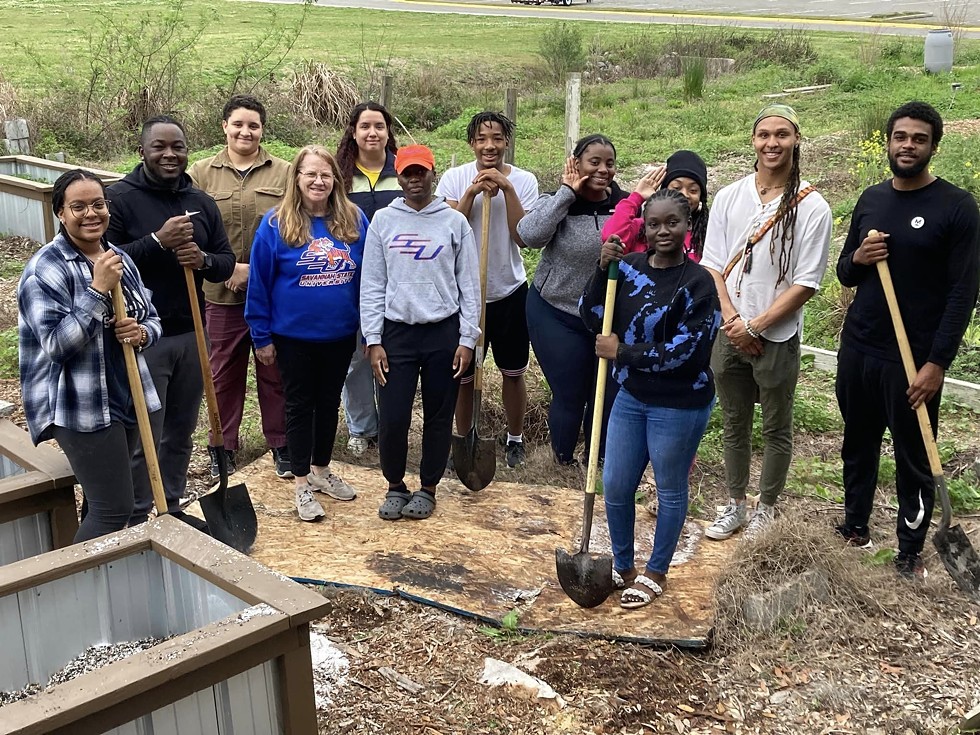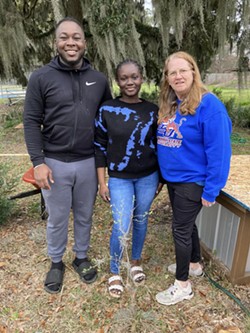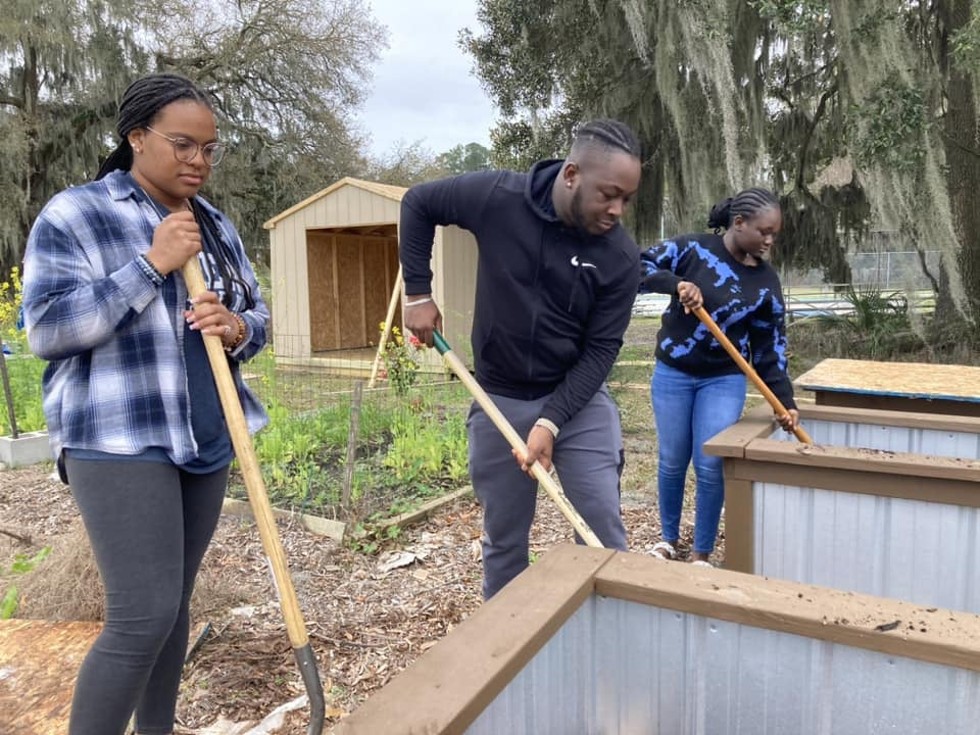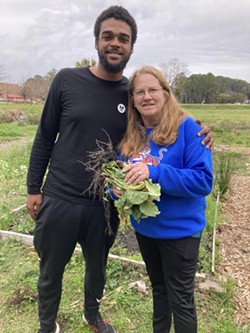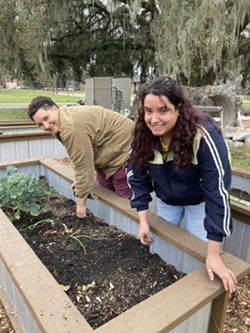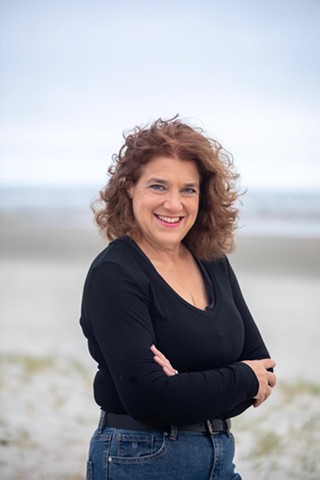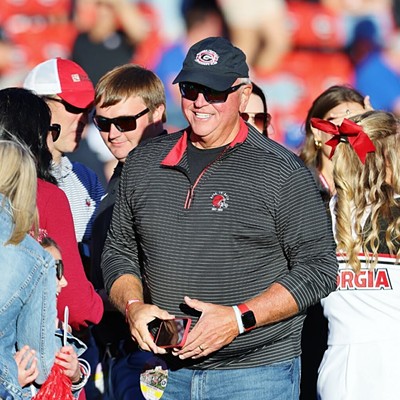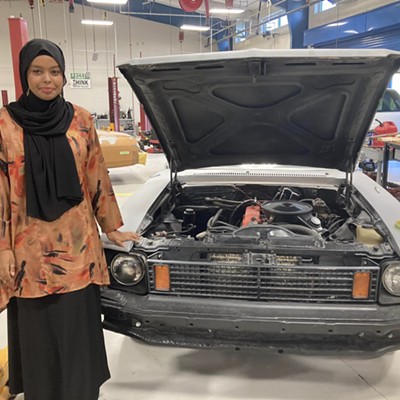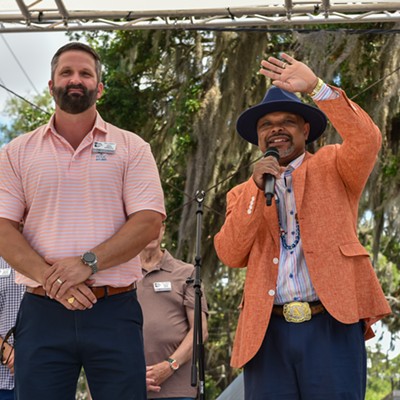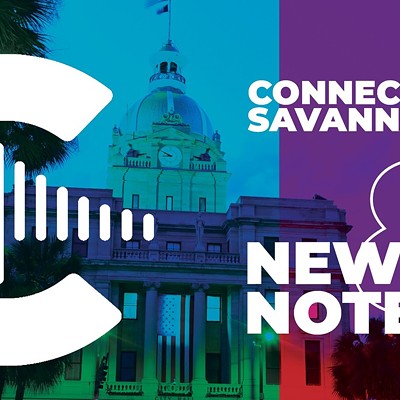In the recent award winning women’s empowerment song "Flowers" by Miley Cyrus, she says, “I can buy myself flowers.” Kenza Ouedraogo, a sophomore at Savannah State University from Burkina Faso, West Africa is taking it one step further, “I can grow my own roses so that I don’t have to ask for them,” she said of the community garden on the campus.
Ovedrango is a political science and international relations major who was initially just curious about the garden, but now she finds it a respite from her studies, “I like the fresh air and calmness. It is peaceful in the garden, it is an activity to be less stressed about school; you give life to plants.”
Joline Keevy, director of the International Education Center is empowering Savannah State University students to grow their own flowers, vegetables, fruit, herbs, and medicinal plants. "The initial push to start the garden came from international students who weren’t big fans of cafeteria food and wanted to know if they could grow their own foods like they did back home. It took a couple of years and working with university officials to find a location. Once the pandemic hit and students were left with nothing to do, being outside in the garden became a welcome relief of being isolated all day, every day," Keevy said.
“I worked alongside Dr. Sue Ebanks in the Environmental Science Department and Stephanie Anderson who works in Student Affairs, and together we measured, dug, set the garden up, as well as taught students how to garden. Other faculty and staff joined in and the collaborations between students, faculty and staff bloomed.”
Hassan Samate, also from Burkina Faso, a member of the Senior class this year, is an environmental science major who is growing spinach, carrots, and radishes, “I find it fun. Coming from West Africa, a lot of our land is untapped and there are opportunities for me there. My dad grows rice and corn to sell, he has a small business in Burkina Faso.”
The lessons that Keevy is sowing with her students have far greater value than just vegetables - she is also planting seeds about nutrition and business acumen.
Keevy continues, “We have an initiative on campus, Go Green Tigers, where we encourage everyone to be mindful about the food we eat, the waste we generate and how to be better stewards of our resources. The community garden is a big part of this initiative for several reasons. There is value in knowing how to grow your own food. You’ll always know exactly what you are eating. We have a significant number of students who deal with homelessness and food insecurity. For these students, having access to garden space can provide free access to nutritious food. We also see during the height of the growing season food being shared with anyone who might need it or be curious about what home grown food tastes like. You will often see a basket of food from the garden that people want to share left on the picnic table under the shade of the huge oak tree. And I’d be remiss if I didn’t acknowledge the sense of community that the garden brings. Students who may feel uncomfortable joining big groups are drawn to the cohesiveness of the garden. I’ve heard many say when the day gets stressful, being able to walk around the garden makes them feel better. It can be very relaxing to touch and smell the herbs that are growing, grabbing a piece of fruit off one of the trees or pulling weeds because getting your hands connected to the earth just feels good.”
The garden at Savannah State University is open to all students.
Reginald Phillips, a senior computer information systems major, is learning the business side of farming as he considers taking over the family farm in LaGrange. His grandparents recently passed away, and the farmland is his legacy to carry on, “I want to grow various things like my grandma used to grow on the land. I’m trying to learn as much as possible from Ms. Joline (Keevy). My grandma grew watermelons, tomatoes, corn, turnips, green peppers, okra, and cantaloupe. She would sell her vegetables at the family store.” Phillips is growing kale and flowers in his garden plot at Savannah State University, and trying to figure out if he can make a living working the family farm.
Nyzaveon Thompson, a junior at Savannah State University is learning how to grow plants that have medical significance such as ginger, hyssop, motherwort, yarrow, chamomile, and wormwood, “because the world is always in need of natural medicines and medicines are too expensive in the stores.”
Maya Henson, also a junior, finds a financial benefit to growing plants in the garden, “healthy food is expensive, I can get free vegetables and fruit from the garden, plus it is good outside time.”
Henson, a biology and marine science major from Atlanta, tends to a plot of broccoli, onions, bok choy, tomatoes, and carrots, “I’ve got babies in here,” she shows off her section of the garden. After the vegetables are grown, she shares them with fellow students, providing a free sustainable food source on campus. She also notes that, “the raised beds in the garden are good for students who have disabilities because you don’t have to bend down as much.”
Keevy explains, “For many students having a plot in the garden is the first time they have tried growing their own food. I have heard many times that being outside in the garden brings back good memories of times they spent in the garden with their grandparents and it's warming to be asked to take a video of a student using the tiller because she wants to send it to her grandpa because he would be so proud. The garden has also served as a launching ground for new careers in horticulture. One young lady started in the garden and fell in love with it, so much so that she changed her major and is now studying horticulture at another university.”
Alex Green, a freshman seeking a degree that will allow her to be a child therapist, says, “gardening gives kids a different way to deal with trauma, it gives them an outlet to work with their hands and it teaches them new skills.” She plans to continue gardening and will transition those skills when she is able to work with young students, “you get to work with your hands and watch things grow in real time.”
Larry Williams, a junior from Miami is majoring in civil engineering, “I am learning how to build technical stuff in the garden such as the new shed. It has been interesting. My goal is to have solar panels and an irrigation system in the garden.” Williams is also learning how to cook, “I want to grow things that I can cook with sugar peas.” Eventually he would like to help Keevy expand the garden to include a bee yard to harvest honey like they already do at the University of Georgia, Georgia Tech, Georgia State University, and East Georgia State College, just to name a few.
Keevy expounds on the academic benefits of the community garden on campus, “Students also get a chance to put into practice concepts they learn in classes. Some of our civil engineering students have been helping build a donated garden shed. Thanks to the talents of an alum of the university, Litus Marshall, the students have been able to work side by side with him as he taught them how to build the shed. Many had never used power tools and the garden became the place where it was safe to try out new skills. From those initial days of learning how to properly nail and cut lumber to today, having the shed almost done and the students are thinking of ways to make it more useful with discussions of installing solar power and ways to contain rainwater off the shed roof. The garden has become a place where creative ideas can become new innovations. The confidence these students walk away with at the end of the day makes this all worthwhile.”
Lady Volmar, a graduate student in marine science, is from Puerto Rico, “Back home we started a community garden, my parents had a roof garden. Gardening brought our community together in Puerto Rico.” Volmar’s next step in life is a PhD in microplastics and she wants to work in oyster reefs.
Of the community garden at Savannah State, Volmar says, “it is really peaceful and so relaxing. You can see the growth and change of what you put into it. You get to spend time with other people and learn new things; everyone has their own techniques and knowledge to share.”
When asked what are the future goals of the community garden at Savannah State University, Keevy says, “We have one major obstacle to having a fully functional community garden and that is a reliable water source. We have struggled to find a way to consistently get water to the garden and know we will need to find some funds to be able to pipe water from across the road to the garden. Maybe in time it will happen.
We also want to see the garden become a living classroom where classes can be taught and classroom concepts can be tested in real world ways. As we continue to develop our pollinator garden, we hope to install an apiary where we can teach students about beekeeping.
The community garden does not have a line item in the school’s budget so we are reliant on grants and donations to purchase compost, and garden tools. We are always happy to accept donations and we hope to be able to dedicate more time to looking for donations of soil, tools and plants.
Most of all we want the community garden to continue to thrive and become an integral part of our campus.”
The Savannah State University community garden has one rule, don’t sell what is grown on campus; students can eat what they grow or they can share it with others.
To make donations of items for the garden, please contact Joline Keevy, Director, International Education Center at (912) 358-4147 or email her at [email protected]

